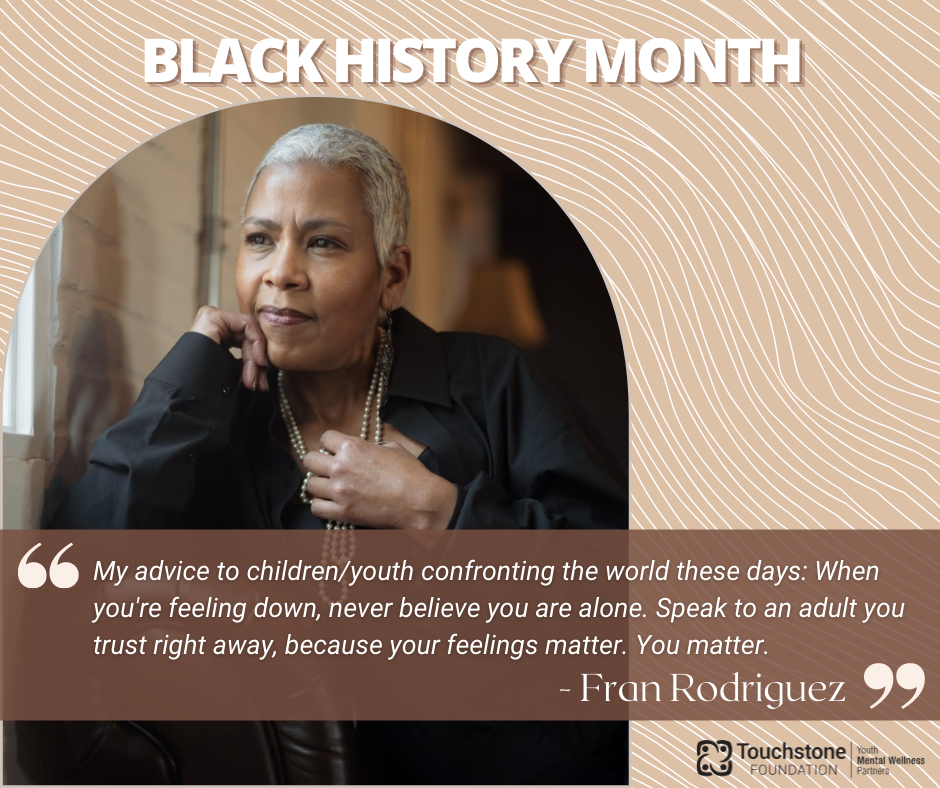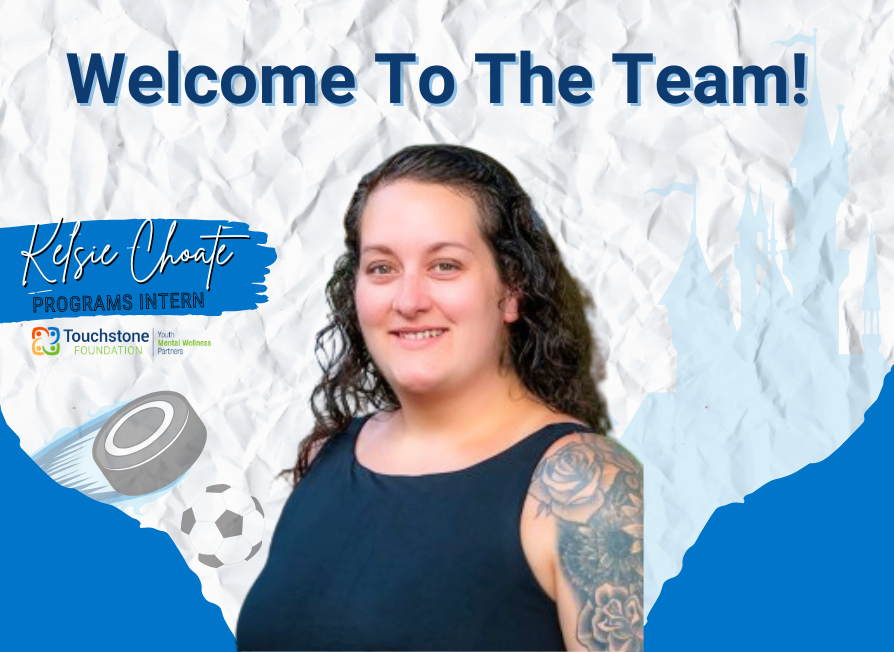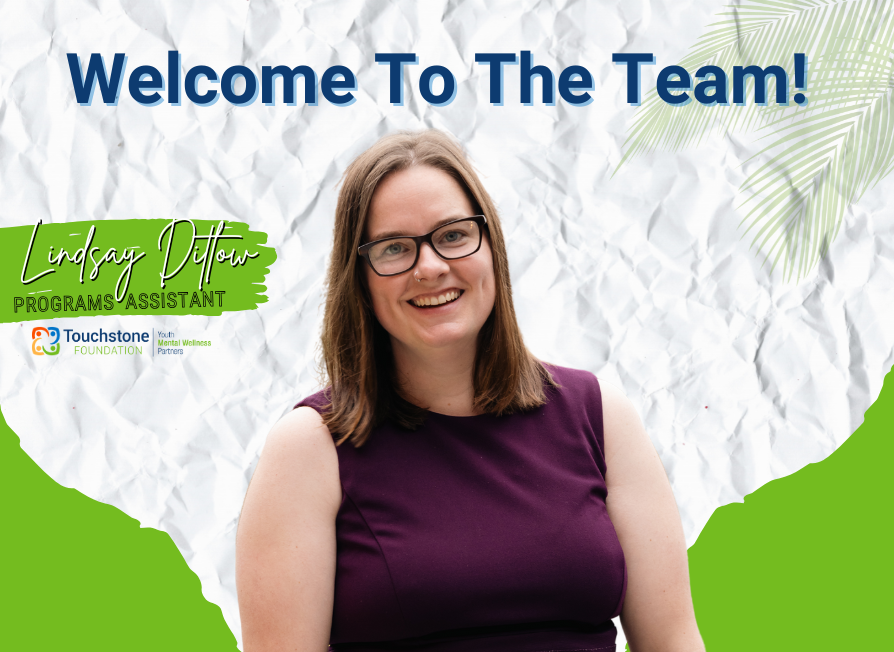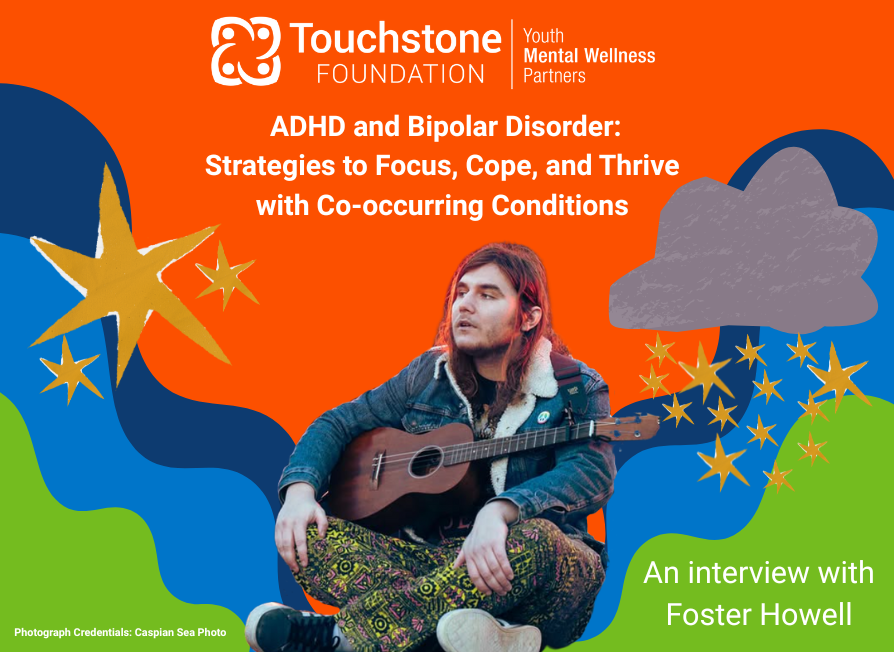
Happy Black History Month! We are doing a Q&A series with some members of our community on the topic of mental wellness in connection with the Black community. To kick us off we are featuring Fran Rodriguez!
Fran has been a longtime resident of Lancaster County. She first came to know the area in the late 70s when her family relocated from Brooklyn, New York. Growing up, Fran’s life consisted of living in between New York, Pennsylvania, and Puerto Rico. She moved back to Lancaster in 1999 with her daughter.
We are so grateful for Fran Rodriguez and her passionate commitment to youth mental wellness. Fran served on the Touchstone Foundation Access Committee (previously our Child Health & Wellness Committee) from 2015 until early 2022. She has steadfastly advocated for our investment in programs for Black, Indigenous, and People of Color (BIPOC) youth.
Trigger/Content Warning: There is mention of domestic violence and other themes that may be disturbing to readers.
What do you do and how long have you been doing that for?
What do I do? Loaded question, and the answer depends on which seat I’m occupying!
During weekday business hours, I serve as Senior Program Officer at the Lancaster County Community Foundation. Some of the important work I do in this role includes managing grant programs and special initiatives, engaging with our local/regional community benefit sector, and always finding pathways to embolden individuals wanting to activate their ideas. I’m part of an amazing team who coordinated the Extraordinary Give in November.
I officially joined the Community Foundation’s team in 2014, but my initial connection was in 2005, when they agreed to fund an important project. During that time, I served as President of Latina Professionals of South-Central PA. Following 18 months of research, Latinos in Lancaster County: Voices, Perspectives, Myths and Realities was published in December 2007 by Lillian and George Haskins. This report made a significant difference for Latinos in Lancaster, especially me.
Outside of the day job, my passion is community activism and organizing. Since founding the Latino Empowerment Project (LEP) in 2009, my life’s work is all about empowering people to disrupt the status quo. LEP is a unique 10-week grassroots Latino leadership program in Lancaster County with about 100 graduates. When COVID-19 changed our lives in 2020, the LEP series paused but I’m hopeful and excited about the future. We’ll be sharing good news later this year!
What is your journey with mental health/mental wellness?
As with most Black and Latino families, I remember my family not speaking about mental health. It was a taboo topic! Between my transient upbringing, being kidnapped by my father at age 5, marital domestic violence, surviving lung cancer, and facing the pandemic in constant fear (often in isolation) – my mental wellbeing has suffered plenty.
As a 59-year-old Black Puerto Rican, I’m now taking intentional steps to heal. This includes seeing a therapist, devoting time every day for self-care (to meditate, exercise), spending time with people who love me, and finally, knowing when to decline invitations for community involvement and/or stepping away from work. Listening to my body is an important part of this healing journey.
Why do you think mental health awareness is important in the Black community?
The historical oppression and violence suffered by the Black community is simply astounding. Given the present-day realities of racism and trauma, I believe the Black community is confronting too much pain. In my opinion, each time a Black person experiences racism, this causes a mental and/or physical injury. If gone untreated, injuries will eventually cause our mind or body not to function well. Or stop functioning altogether. Access to appropriate mental health services must be created to accommodate the Black community. In other words, we need Black therapists and counselors to serve our communities.
What is one piece of advice you would give to children/youth in Lancaster looking to improve their mental wellness?
First, I have advice for institutions and agencies with decision-making power: Our Black communities deserve a behavioral health system that is equitable, accessible and welcoming. More importantly, we need BIPOC mental health professionals now more than ever!
My advice to children/youth confronting the world these days is two-fold: When you’re feeling down, never believe you are alone. Speak to an adult you trust right away, because your feelings matter. You matter. Secondly, if you enjoy advocating and speaking up about current issues, share this with your school counselor, coach and parent(s). We need your voices and ideas!
If you or someone you know is going through a tough situation here are some resources for immediate help:
- National Suicide Prevention Hotline: 1-800-273-8255
- National Crisis Textline: Text HOME to 741741
- National Domestic Violence – Call 1-800-799-7233 or Text START to 88788
- Trans Lifeline: 877-565-8860
- GLBT National Hotline: 888-843-4564
- National Coalition of Anti-Violence Programs: 212-714-1141 (English and Spanish)
- GLBT National Youth Talkline: 800-246-7743
- LGBTQ Helpline for South Asians: 908-367-3374




